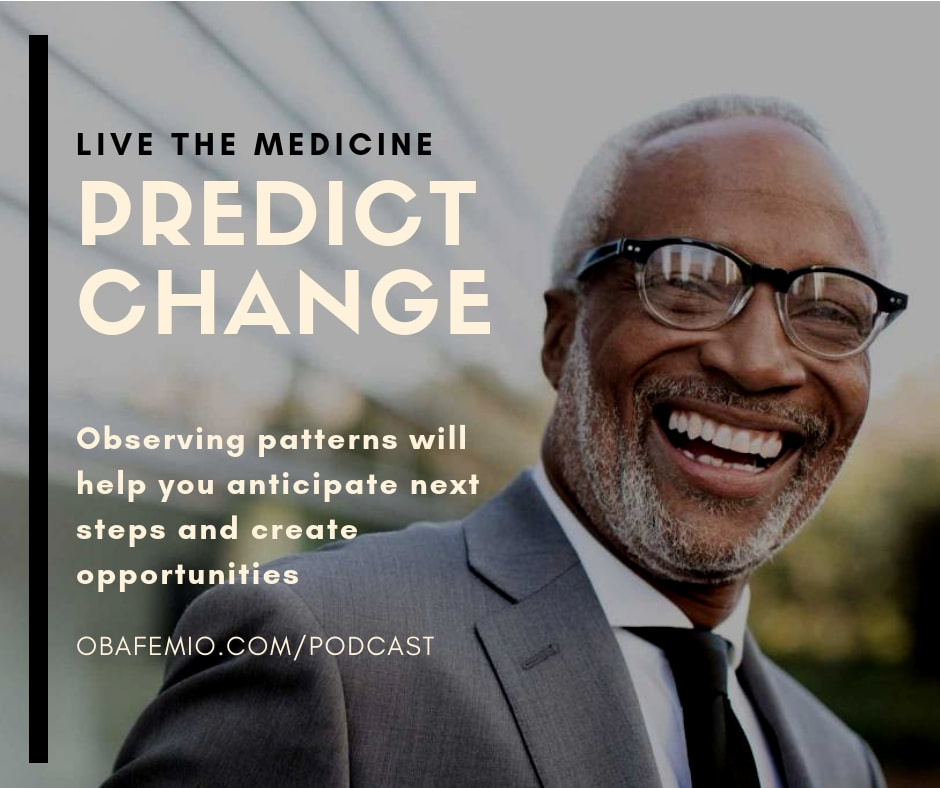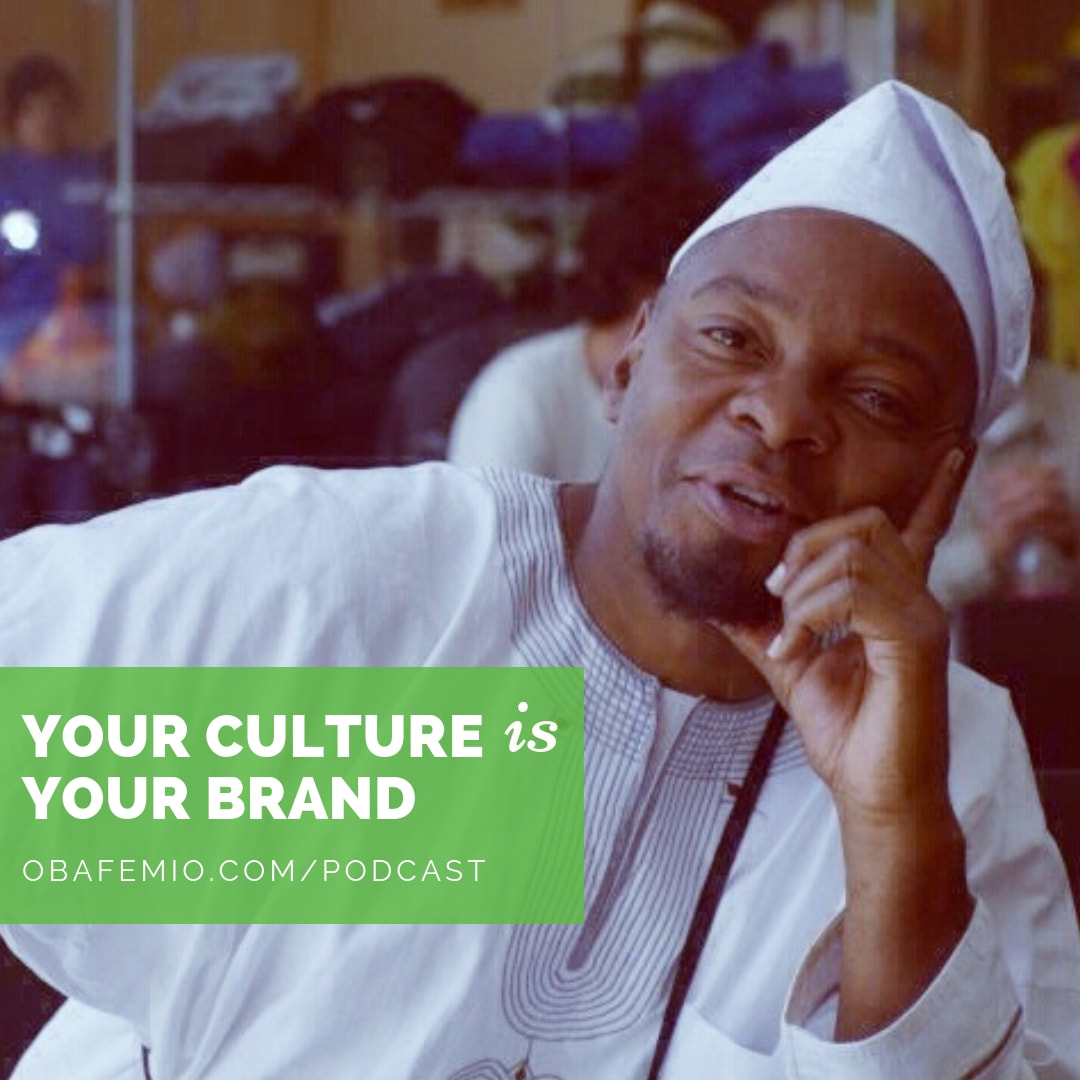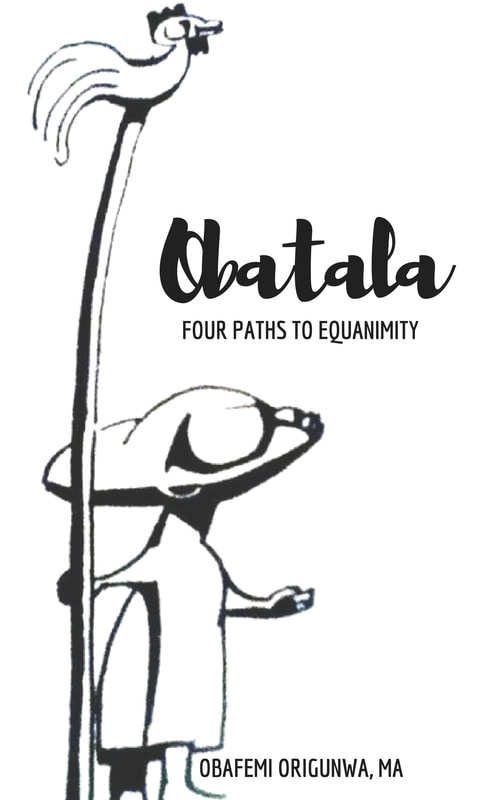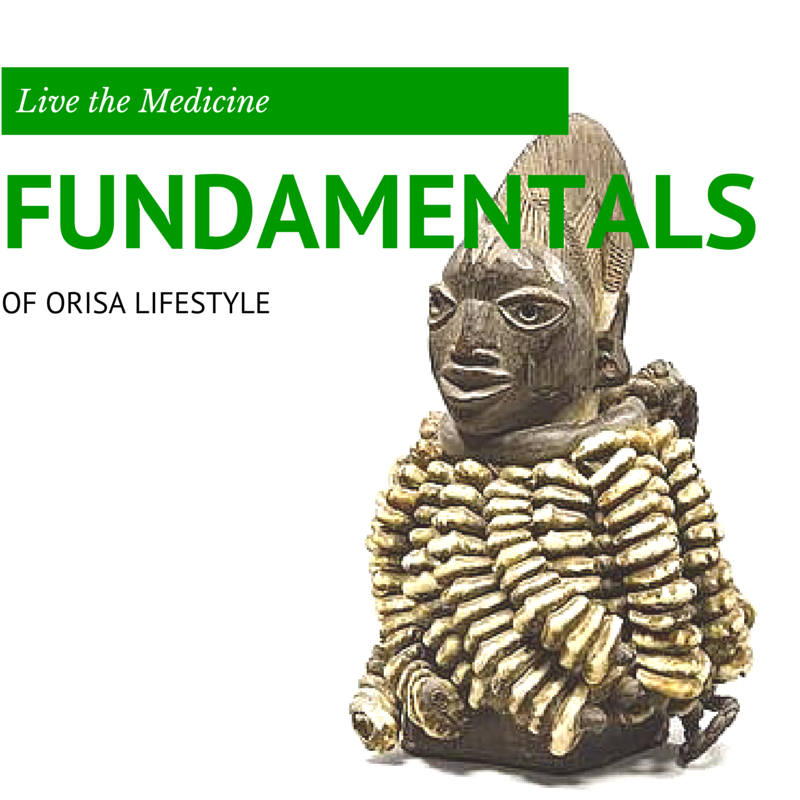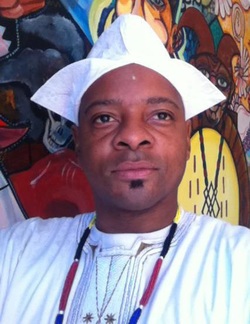|
"The trouble with weather forecasting is that it's right too often for us to ignore it and wrong too often for us to rely on it." - Patrick Young Let's start with the indisputable fact that all information is subject to change. We cannot predict anything with absolute certainty. But what if you had the ability to really predict the future?!?! Imagine the things you could do, the problems you could avoid. Your confidence would skyrocket from being able to anticipate things before they even happen. Certainly, the power to predict is what has made oracles an indispensable part of every civilization on earth, since the dawn of time. From the Chinese to the Danes to the Aztecs and the Yoruba, you will not find a single civilization that has not traditionally practiced some form of divination. In contemporary business and science circles, people don't openly speak of oracles and divination. Instead, it is more common to talk about "forecasting." As such, statistics, pie charts and graphs have taken the place of bones, shells and crystal balls. But the desired outcome remains unchanged: Get high quality information before your competitors so that you can take the advantage. When I was a corporate consultant, my biggest client was Walmart. It was during that time that I was introduced to some of the ideas of Sam Walton, the founder of the company. One of his quotes really resonated with me and I never forgot it: "You can't just keep doing what works one time, everything around you is changing. To succeed, stay out in front of change." Today, Walmart remains the industry leader, achieving peak performance in its brick and mortar stores and in online sales, as well. [1] FORECASTING HEALS Forecasting does more than create competitive advantage. When done strategically, it empowers and heals people. Stated another way, when people don't know that they are doing and why, it creates anxiety and sets the stage for underperformance. Forecasting clarifies responsibility and priorities and facilitates cooperation. As a healing mechanism, it gets the team thinking about cause and effect—what they can do now to improve future results or avoid some identified risk. In my personal experience, forecasting makes me a better leader and teacher, and it gets everyone on my team involved in helping our group to achieve collective success. [2] Patterns of Prediction and Control In a paper published in the Strategic Entrepreneurship Journal, the researchers show that potential entrepreneurs expressed reluctance to start a new venture in scenarios in which they felt uncertain about the options at their disposal, their ability to achieve their goals and the responses of their competitors (McKelvie et al., 2009). Think about it, most people hesitate when they are unclear about what is going to happen next. Two main strategies to reduce uncertainty stand out in entrepreneurship research— namely prediction-based and control-based strategies. Predictive strategies focus on gathering information to estimate unknowns, whereas control-based strategies aim to shape the environment through proactive behavior. [3] When we consider the Stages of Change theory, however, we glimpse an interesting intersection between prediction and control. The idea here is that change is a developmental process that unfolds in a consistent, five stage pattern:
[RELATED: Listen to the podcast version] THE POWER OF PREDICTION
Prediction enables you to control your future by anticipating risks and opportunities. And if you engage your team (e.g., your family, coworkers, etc) in the process, you’ll find that the people around you are more likely to pay attention to their performance in ways they never did before. Now, for me personally, this is something that is really pertinent to my work in the classroom, as well as within the temple. So, what I am going to share reflects what I have learned until to date, as well as adjustments I will make going forward. Here’s how to optimize prediction:
Based on these theories and practices, I have created a model to measure the effectiveness of communications in moving individuals towards behavior change through prediction. The model tracks individual progression from awareness to action. Depending upon the nature of the prediction and its subsequent campaign, the model seeks to frame up your personal and collective goals within a specified period of time. Are you ready to learn more about how you can use prediction and forecasting to support your personal and group planning? Comments are closed.
|
Live the MedicineObafemi Origunwa, MAThought leader, Ifa priest and author of four definitive books, Obafemi Origunwa inspires metamorphosis through living the medicine that will heal your life and heal the lives of the people you're destined to serve. 
Raise Awareness

Internalize Principles

Embody Truth
|

